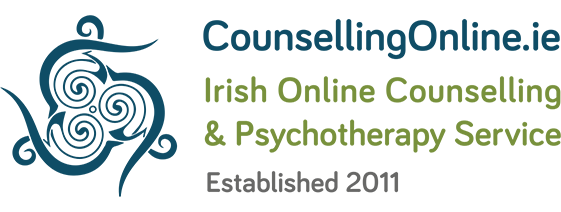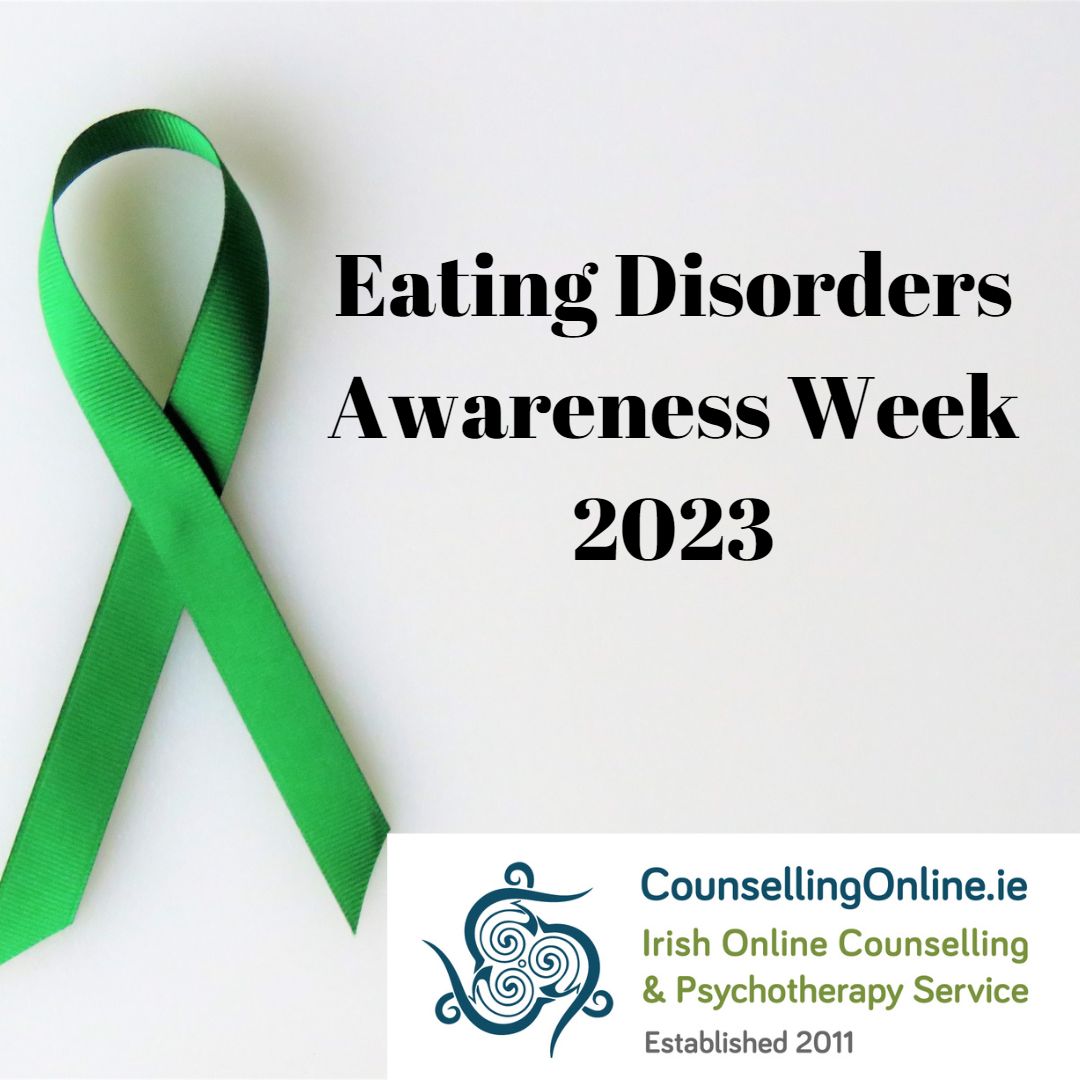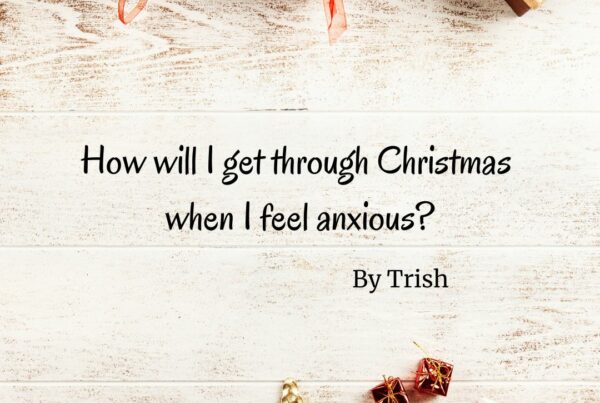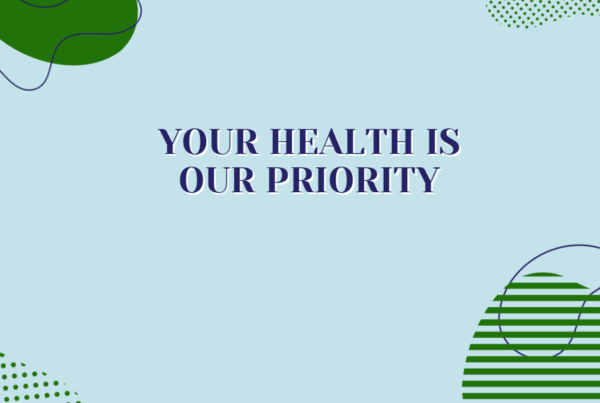Eating Disorder Awareness Week (EDAW) is an annual, international event, aimed at raising awareness of all things eating disorders. The focus this year is on men and eating disorders.
My name is Niamh, and I’m one of the therapists here on Counselling Online.
I am writing this blog as part of EDAW, but I hope the awareness, education, understanding, and issues raised will continue all year round. One of the most valuable ways to learn about eating disorders and the impact they have, is to hear directly from those who have lived experience, so I have included some quotes from people with eating disorders throughout this blog.
EDAW usually takes place during the last week of February each year and has been happening for the past 15 years. It aims to highlight the seriousness of eating disorders, and raise awareness of the myths, causes and triggers that exist. It is very important to challenge the stigma relating to eating disorders, especially in relation to men’s experiences.
In Ireland, approximately 200,000 people are diagnosed with an eating disorder. 25% of those are males. Due to nature of eating disorders however, it is not always possible to find reliable statistics, so this figure is most likely much higher.
Quite often, eating disorders attract more stigma and negative conceptions in comparison to other mental health conditions. This can affect the likelihood of people feeling comfortable enough to talk about their experience and seek help.
“An eating disorder is like a recipe and each person’s ingredients will vary.”
So, what are eating disorders?
- Eating disorders are serious mental illnesses which affect physical health too.
- There are different types – Anorexia Nervosa, Bulimia Nervosa, Binge Eating Disorder, Other Specified Feeding or eating disorders (OSFED) and Avoidant Restrictive Food Intake Disorder (ARFID)
- They are complex, with no single cause.
- They have the highest mortality rate of all psychiatric illnesses.
- Both psychological therapy and medical support are usually involved.
- They are treatable conditions; this is important to remember.
Men and eating disorders.
According to research more than half of men with eating disorders never receive treatment.
Why might this be the case?
There’s a harmful misconception that eating disorders are female illnesses, which creates a great deal of shame and can prevent men from seeking help. Information resources are predominantly aimed at women or based in gendered constructions of eating disorders.
Even once men do reach out for help, they can still come up against barriers to access treatment. Clinicians are often slower to recognise symptoms in men as they may present differently. Assessments have been developed and normed in female samples, for example one criteria in order meet the diagnosis for anorexia nervosa is loss of menstrual cycle – which does not occur for men.
That is why it is so vital to have more education and awareness across all areas in relation to this subject!
Eating disorders often thrive in isolation, so if you are concerned about a friend or family member approach them – in a non-judgemental way.
“Eating disorders don’t discriminate but then again, neither does recovery.”
Can you recover from an eating disorder?
Sadly, according to statistics, eating disorders result in more deaths than other mental health issues. There is hope however, and many people recover and go on to live full lives free of the eating disorder. That is why it is so important to make sure people can access the help they need as early as possible.
it’s also important to remember that people at any stage or age can and do successfully recover from their eating disorders. Recovery does not look the same for everyone – it is not a linear process – but there is always hope.
“Recovery is remembering who you are and using your strength to become all that you used to be.”
For more information on where to get support for eating disorders visit:
If you would like to book in a session with Niamh, please visit:
